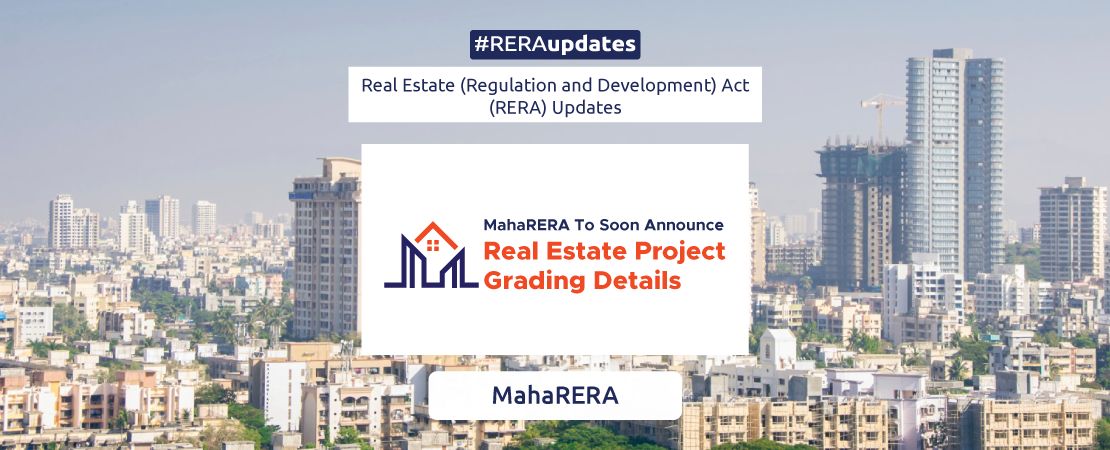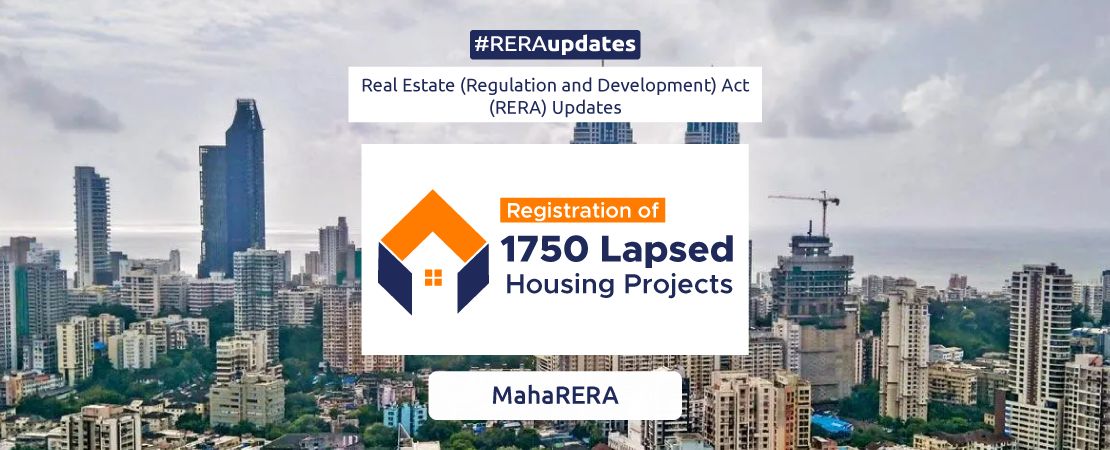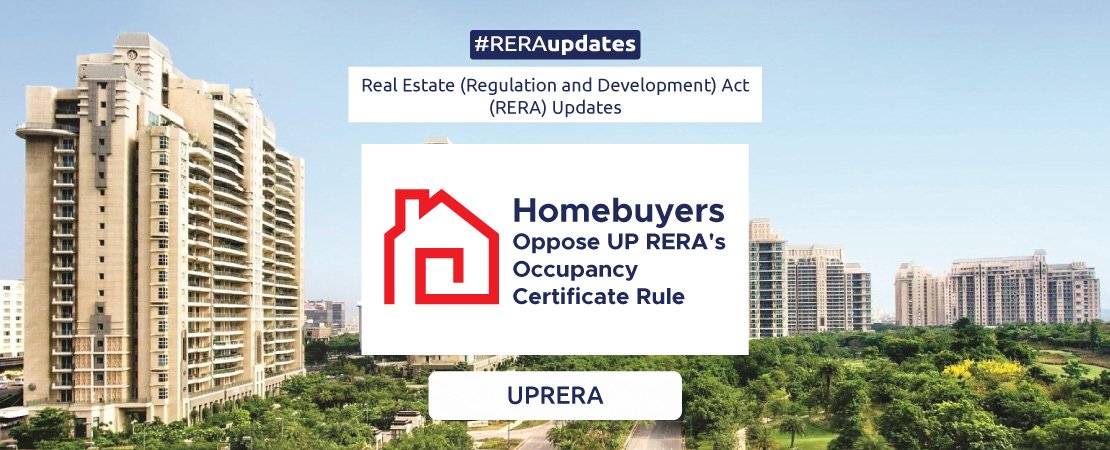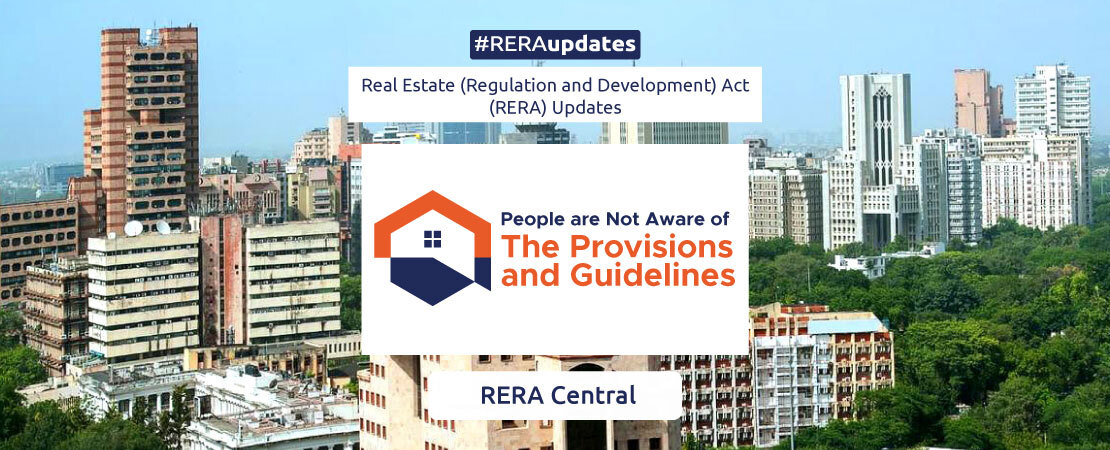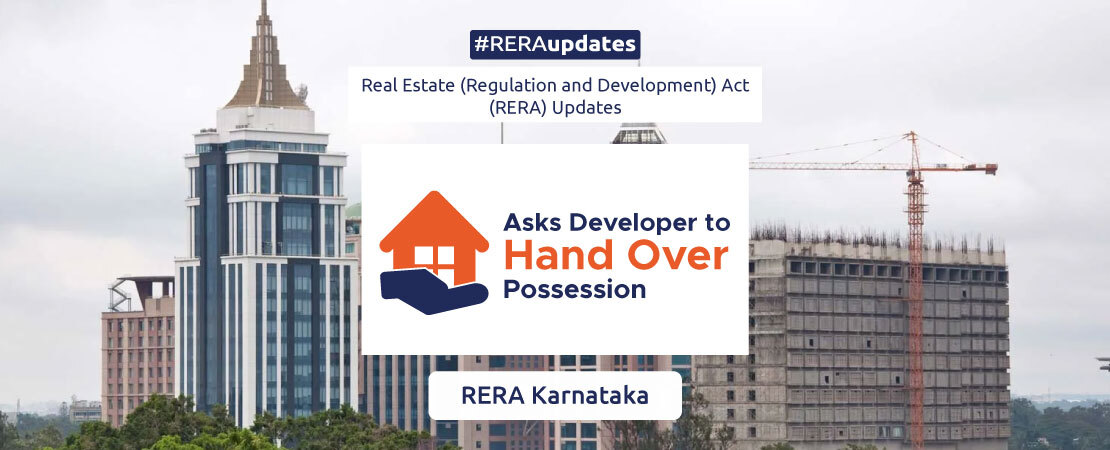Promoters Must Publish Project QR Codes In Every Brochure & Advertisement: UP-RERA
UP-RERA has now assigned a unique QR code to every new project being registered and to every project with a live or valid registration.
Buyers can now scan these QR codes to access complete and accurate project details directly from the UP-RERA portal, ensuring transparency and trust.
Sanjay Bhoosreddy, Chairman, UP-RERA, stated:
“To ensure that consumers get complete and correct information about the project and the promoter, we have assigned unique QR codes to projects. It is now mandatory for promoters to include these QR codes in all documents shared with allottees and in all promotional materials.”
Key Benefits for Buyers:
Easy verification of project details.
Access to land documents, approved layouts, project specifications, and more.
Transparent information on project progress and legal compliances.
Stay Informed and Make Confident Decisions!


